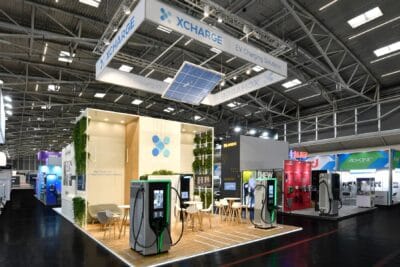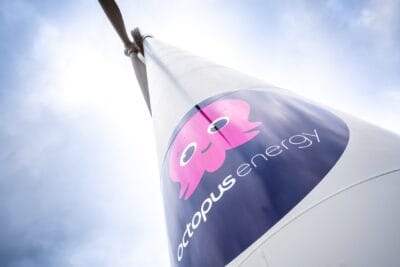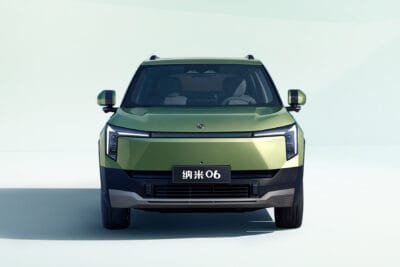Great Wall tackling H2 market first in Germany
One of China’s largest carmakers, Great Wall Motors (GWM), has announced an investment in H2 Mobility. The consortium that is backed by Daimler, Total or Shell, aims to install a network of hydrogen filling stations across Germany so Great Wall’s engagement comes as a bit of a surprise at first.
++ This article has been updated to include information obtained by electrive.com ++
However, if you consider that China is looking to decarbonise transport, it is not too far off that Great Wall would look into fuel cell electric vehicles and also hydrogen infrastructure. The press release sent by H2 Mobility says: “GWM is on the way to develop and deploy cost-competitive fuel cell electric drive technologies. In the future, GWM will provide FCEVs to customers in China, and will later consider expanding into international markets with a focus on early hydrogen markets such as Germany with its rapidly growing hydrogen station network developed by H2 Mobility.”
When asked to specify these targets by electrive.com, GWM project manager Angus Zhang gave us more concrete targets saying Great Wall aims to launch their “first FCEV fleet in 2022 during the Beijing Winter Olympics, and beyond that we can expect product vehicles. Our first and main target will definitely be the China market (…) And we are certainly also open to other markets including Europe if we see opportunities there.”
Moreover, GWM appears to be invested in building hydrogen infrastructure in China. Great Walls project manager Zhang again cared to clarify their plans for electrive.com. Says Zhang: “Our core business is car manufacturing. When it comes to hydrogen fuel cell vehicles, however, since the infrastructure is not yet in place, and more critically the codes and standards for hydrogen refueling are FCEVs not complete in China, we believe that it is important to 1) learn from the western experience and establish the most relevant standards in China to really push FCEVs competitive (which would certainly also include the refueling stations as a base). And 2) Harmonise the standards between the western world and China, in order to promote hydrogen as an energy carrier and fuel for a more environmental-friendly future. With all this said, our target is the develop the most advanced refueling technology to be used in China. We are not going to build refueling stations alone as an OEM. We are open and hope to find partners, by proving our technology, to build refueling stations to accommodate our future FCEVs.”
So these are two new commitments. One for Great Wall to start building fuel cell electric vehicles to be sold in China and possibly abroad. And secondly, to invest in hydrogen infrastructure in the country including harmonising standards and possibly taking learning acquired from working with H2 Mobility in Germany.
The latter is currently in the first phase of building the network, that will see H2 Mobility operate 100 hydrogen stations in seven German metropolitan areas (Hamburg, Berlin, Rhine-Ruhr, Frankfurt, Nuremberg, Stuttgart and Munich), and along connecting motorways in 2019. Overall the network will include 400 H2 filling stations eventually.
Great Wall Motor has signed a Memorandum of Understanding with H2 Mobility to become its seventh shareholder and co-owner. GWM thereby joins the six existing shareholders, namely Air Liquide, Daimler, Linde, OMV, Shell and Total. Moreover, GWM joined the Hydrogen Council earlier this year. It now counts 26 members, among them Bosch, BMW, Honda or ABB.
Info via email





0 Comments